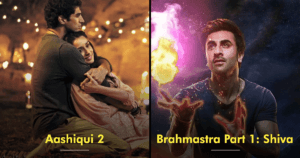The substance or the content in any film depends largely on its director and writers, or at least that’s how it should be. And, while characters are just people who are supposed to be grey, there’s a fine line between preaching their flaws and showing them as a mirror to the society. It’s no surprise that a lot of Bollywood films cross that line.
We keep getting characters, more specifically male characters who are toxic or even misogynistic at times. And, while that might be a one-dimensional image to portray, it also ends up normalizing behavior that is well, toxic. When in-turn we need more male characters who are empathetic and in touch with their flaws.
I’ve always enjoyed the subtlety in Shoojit Sircar’s films, from characters who talk like normal people to situations that are realistic, everything seems to make more sense. When it comes to the men in films directed by him, they’re never glorified as the ‘heroes’. They make mistakes, they’re insecure, and even when they’re lost, they do not expect women to ‘manage’ them.
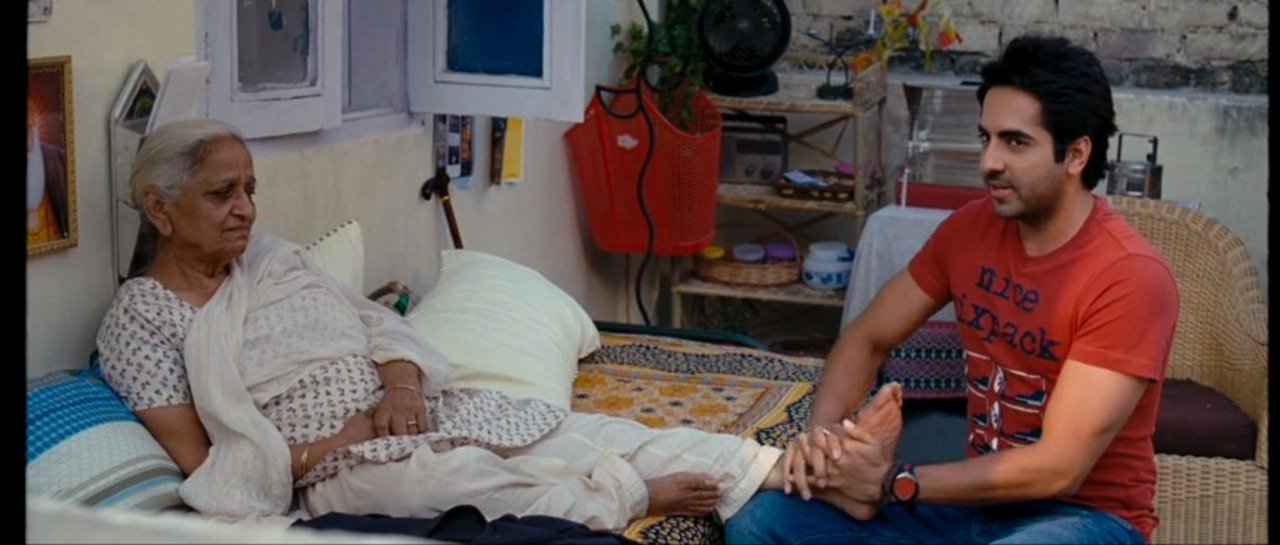
As a director, he manages to give more substance to his actors than we’re used to. For instance, Irrfan’s character Rana from Piku, doesn’t have the most functional family, but that’s not what he is contained to. He also senses comfort in a person, but doesn’t totally rely on it. We do not end up seeing Rana as a man who’s perfect, but actually someone who’s figuring life like any of us. And all of it while not suppressing how he feels.
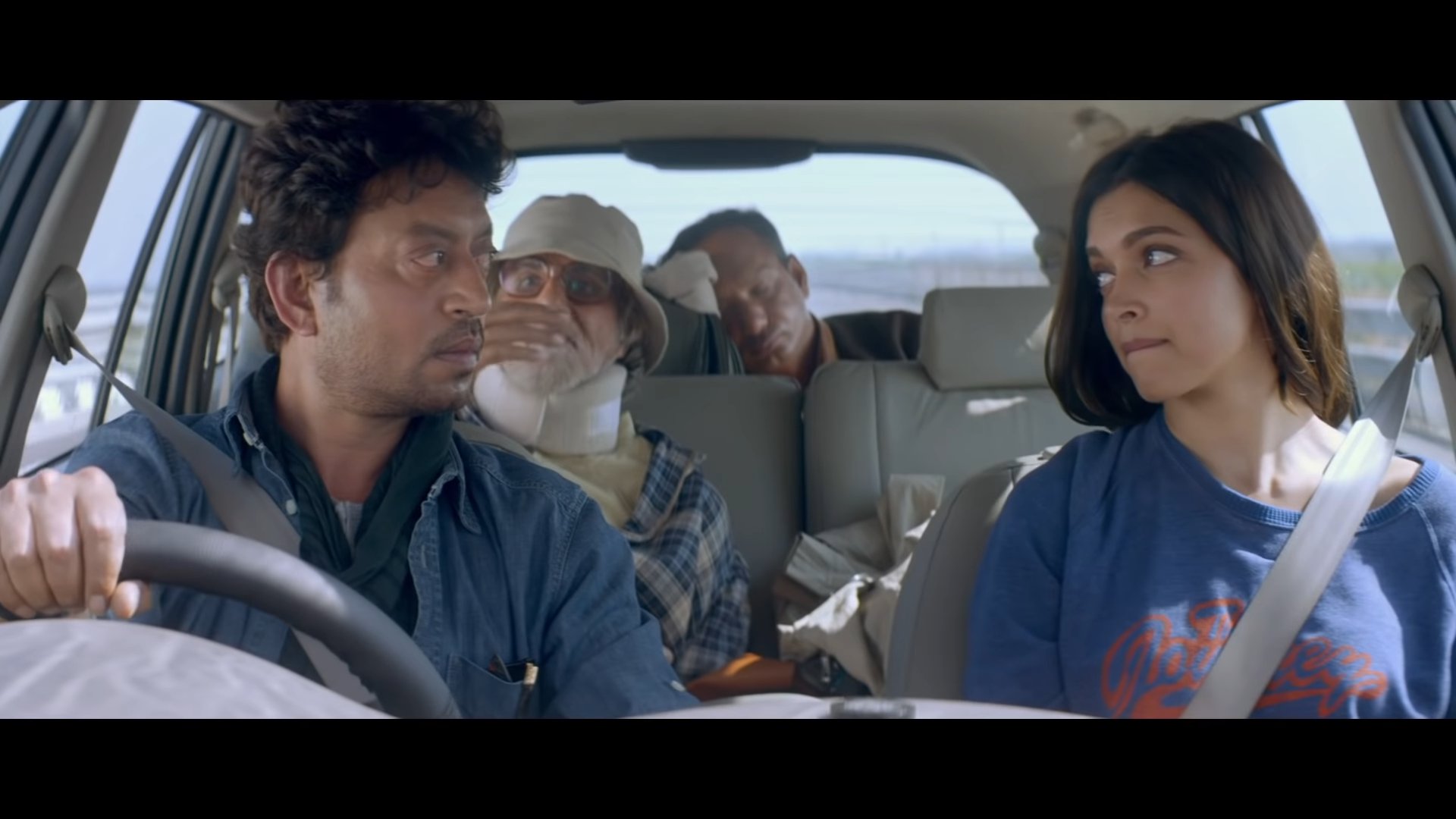
He makes sure that his male characters know how to express basic human emotions. They have layers that humanizes them, instead of showing them as people who lack empathy. Even in October, Dan develops concern for Shiuli when he finds a connect. And the film doesn’t glorify his act of wanting to take care of a fellow employee.
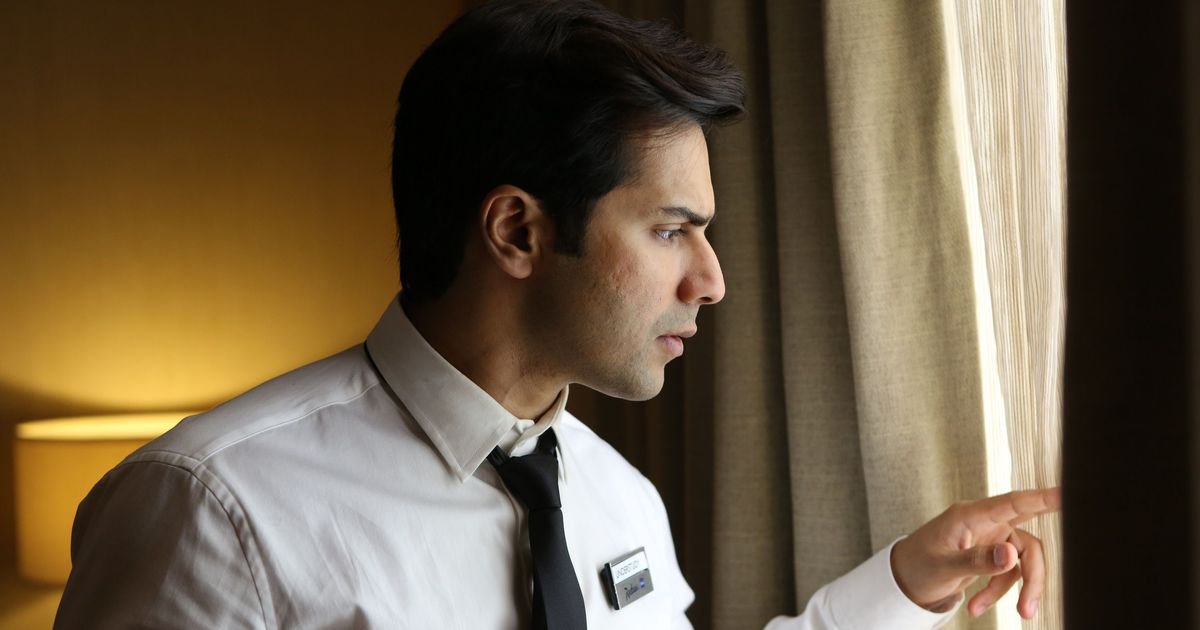
When he directs men in his films, they’re vulnerable. Ayushmann Khurrana’s character from Vicky Donor was an example, and even refreshing, for that matter. Specifically when we do not see a lot of films or male actors exploring such plots. Even in a historic drama like Sardar Udham, we could see Udham Singh as more than just a heroic figure.
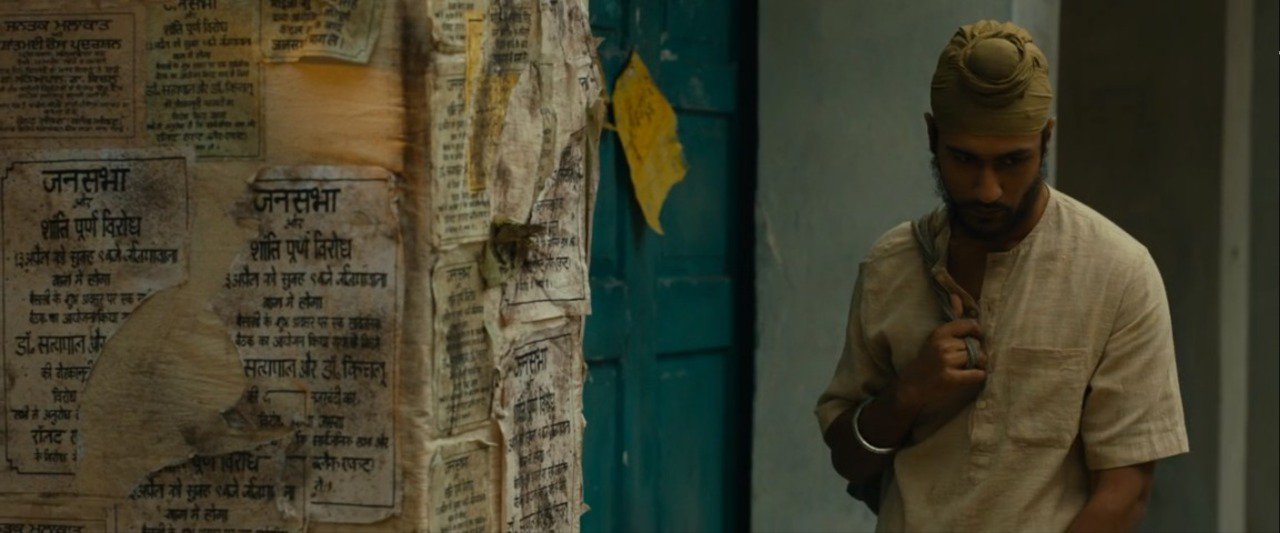
And while this is a very low expectation, but they’re also not dismissive towards women – of their issues or feelings. This is something that we could even see in his writing in Pink. Amitabh Bachchan’s Deepak Sehgal is a male lawyer who understands the basic idea of consent and doesn’t end up blaming the victim. Which again, has not been a common theme in Bollywood films.
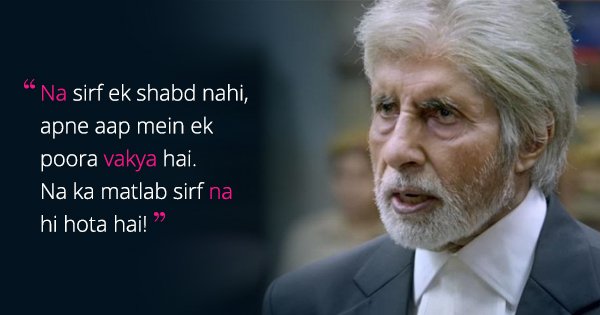
No matter the genre or the plot, he understands the necessity of portraying men who give enough space to people, more specifically women around them. Even when they’re intrusive, firm or stubborn, he doesn’t treat them as the ‘ideal’, but tells them that they need to change – through the plot or other characters. And, Mirza’s character from Gulabo Sitabo is just one example.
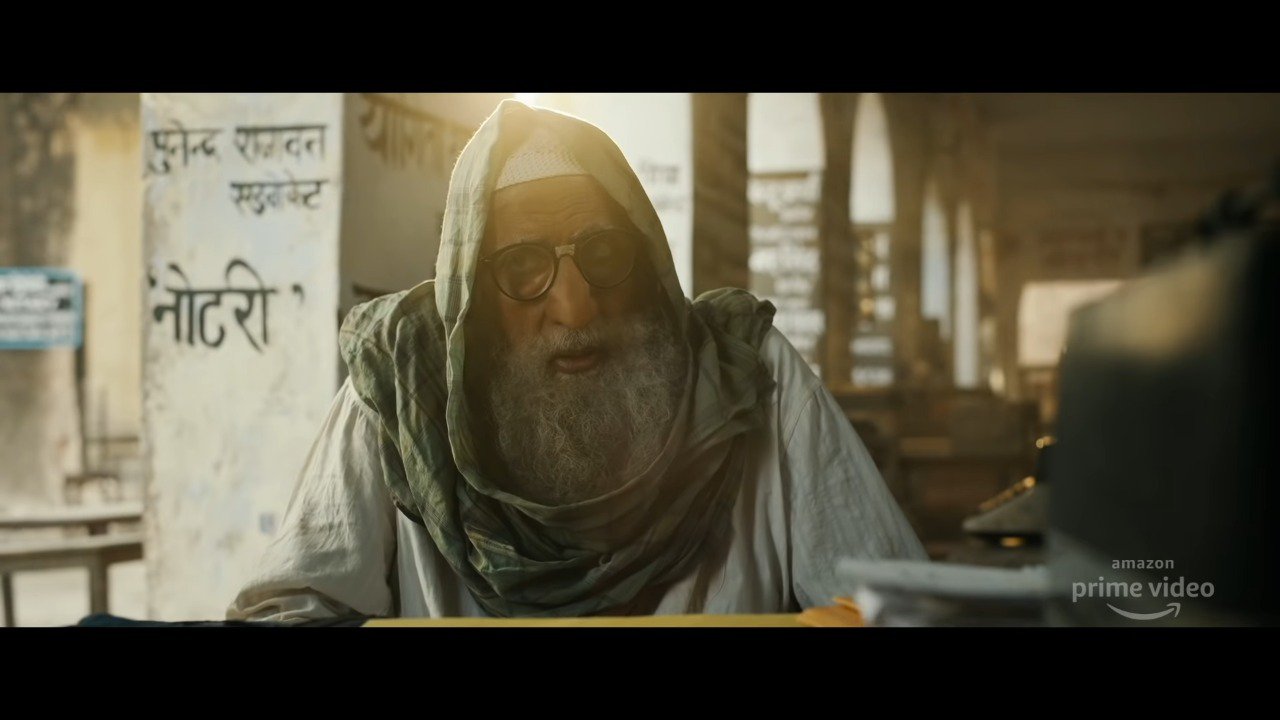
We still keep getting films where ‘love’ happens within a day, or men act like they know everything. This is also why it is a happy feeling to come across movies that try to show men and women as equals, not by putting one down, but by giving them the ability to understand the other.
Men in Shoojit Sircar’s are realistically flawed, but also accept them at some point. They’re always in touch with their feelings, but leave enough room for others to express. Or at least, do not intend to keep the spotlight on them.






